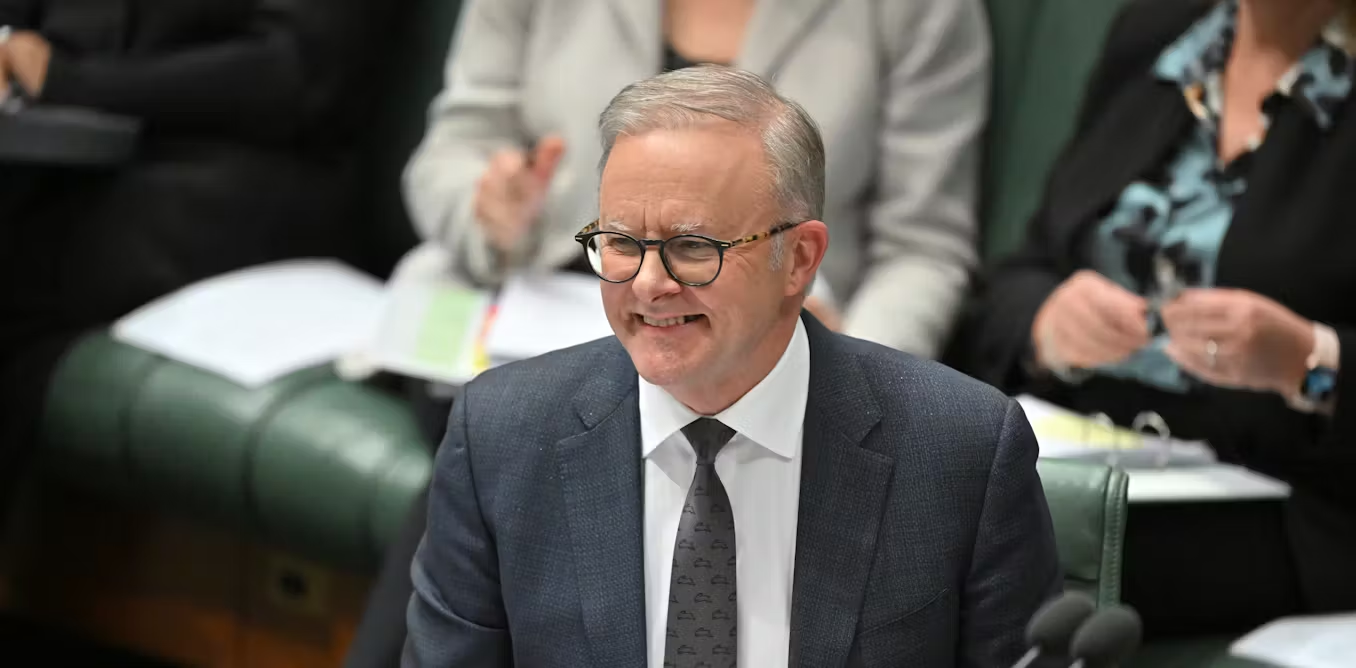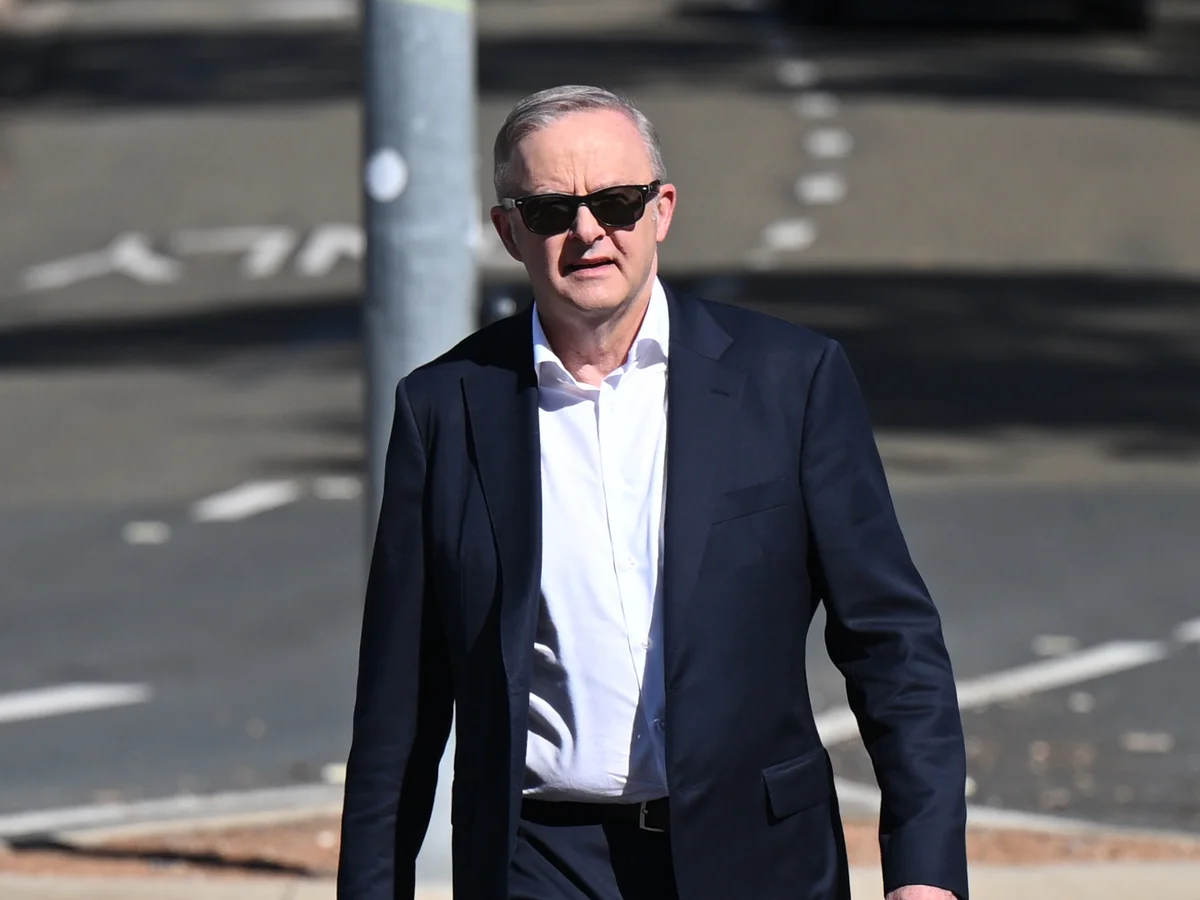Anthony Albanese’s decisive election victory has positioned him to lead one of Australia’s most consequential governments in recent memory. With Labor securing an expanded majority of 94 seats in the House of Representatives—the first time since 1966 that an incumbent government retained all its seats—the Prime Minister now wields significantly enhanced authority both within his party and across parliament.
His emphatic win has left the opposition demoralized while providing him with a clear mandate to implement lasting change. Albanese has already signaled his commitment to “continuing to build Australia’s future” and has outlined his desire for multiple terms in power to deliver transformational reforms. The coming weeks will be crucial as he navigates factional politics, international diplomacy, and the implementation of key election promises that could define his legacy.
Reshaping the Government’s Leadership Team
The most immediate challenge facing Albanese involves restructuring his cabinet and frontbench, with the new ministry expected to be sworn in by Tuesday of next week. This process requires Labor’s factions to finalize their selections in time for a crucial caucus meeting at Parliament House on Friday. The factional dynamics within Labor are creating significant tension, particularly between Victorian and New South Wales MPs competing for ministerial positions. There’s speculation that one member of the NSW right faction could be pushed out of cabinet entirely as part of these negotiations.
The allocation process follows Labor’s traditional approach, where factional bosses select their members for promotion while the party leader assigns specific portfolios. An announcement regarding who will be promoted or demoted from Labor’s frontbench is anticipated as early as Sunday or Monday, setting the tone for the government’s second-term priorities.
International Relations and Diplomatic Priorities

Despite earning the nickname “Airbus Albo” for his frequent international travel, Albanese has made clear that engaging with world leaders remains a top priority. His diplomatic calendar is already filling up with significant meetings, including a scheduled encounter with Indonesia’s President Prabowo Subianto on May 14th. Additionally, he has accepted an invitation from Canada’s new Prime Minister Mark Carney to attend the G7 leaders’ summit in Alberta during mid-June.
This international trip could potentially include a crucial stop in Washington, DC, for discussions with US President Donald Trump, representing a significant diplomatic opportunity for Australia-US relations. The traditional international summit season typically occurs in the second half of the year, suggesting a busy period of foreign engagement ahead.
Legislative Agenda and Parliamentary Timeline
Labor faces important decisions about when to recall MPs and senators to Canberra for the opening of parliament, with options including June or after the traditional July winter break. The timing is particularly significant given the government’s promise to implement a 20% cut to higher education debts, potentially before the financial year ends on June 30th.
The first major piece of legislation in the new parliament will address student debt relief, with plans to reduce HECS debts by 20%, affecting $16 billion worth of loans. A graduate carrying the average debt of $27,600 would see more than $5,500 removed from their obligation. This represents a significant cost-of-living measure that was central to Labor’s election campaign.
Other priority legislation includes controversial plans to increase taxation on superannuation accounts exceeding $3 million, including taxation of unrealized gains scheduled to commence on July 1st. Originally announced during Labor’s first term, this proposal has faced parliamentary resistance, with the Greens pushing for a lower $2 million threshold that Labor refuses to accept.
Comprehensive Policy Implementation
Labor’s second-term agenda encompasses substantial reforms across multiple sectors. Healthcare initiatives include an $8.5 billion Medicare boost, funding 18 million additional subsidized GP visits annually, plus $1 billion for expanded mental health services and 50 new urgent care clinics. Housing policies feature a $10 billion investment to construct 100,000 new homes and assistance for first-time buyers with 5% deposits.
The government also plans to introduce redrafted environmental law reforms, create a federal environment protection agency, implement truth in political advertising legislation, and advance changes in childcare, gender equality, and disability care.
Adding a personal dimension to his political agenda, Albanese plans to marry his fiancée Jodie Haydon during spring, following their Valentine’s Day 2024 engagement. The couple initially considered eloping, but now plans a more substantial ceremony to accommodate Haydon’s large family. The timing and optics of the wedding require careful consideration given ongoing cost-of-living pressures facing Australian households and Albanese’s sensitivity regarding family matters.

